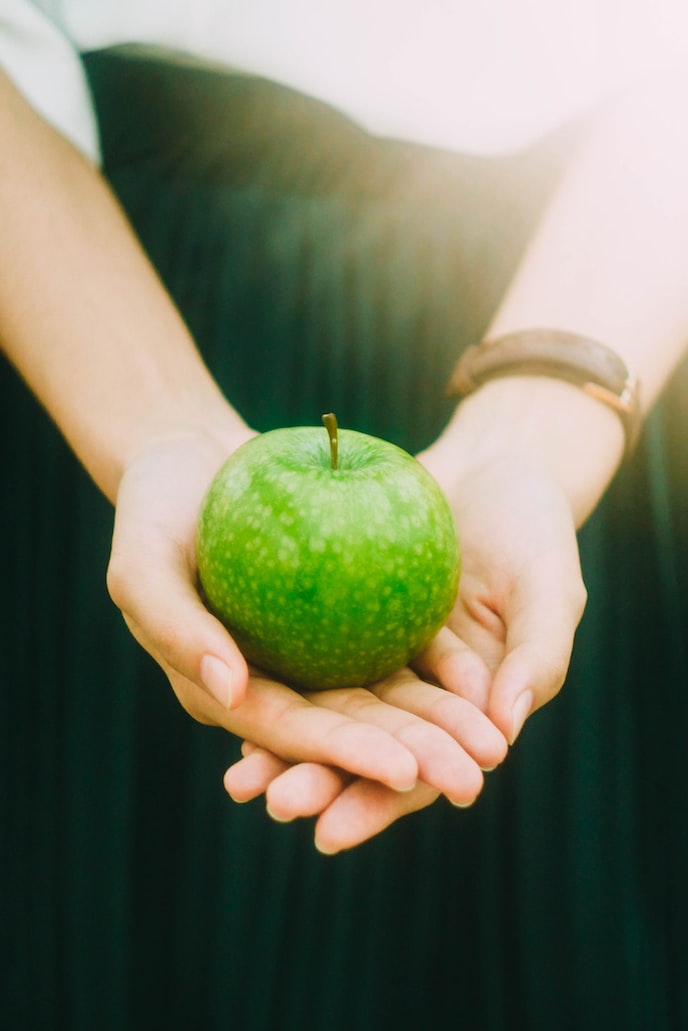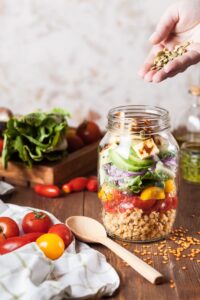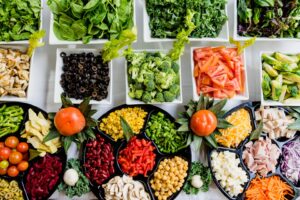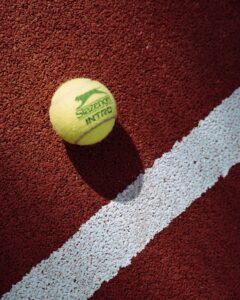Balancing Macronutrients for Optimal Paddle Performance
3 min read
Balancing Macronutrients for Optimal Paddle Performance
The Role of Nutrition for Professional Padel Players
As a professional padel player, you are well aware that success on the court is not just about skill and technique. It also heavily relies on your physical fitness and overall health. One crucial aspect that often gets overlooked is nutrition.
Proper nutrition is the backbone of an athlete’s performance. It fuels your body and helps you recover effectively, allowing you to give your best on the court. In this article, we will explore the importance of macronutrients – proteins, carbohydrates, and fats – in optimizing your paddle performance.
The Power of Proteins
Proteins are the building blocks of your muscles, and they play a fundamental role in the repair and growth process. As a padel player, your muscles endure constant stress and strain during games and practice sessions. Therefore, it is crucial to consume enough high-quality proteins to support muscle recovery and development.
Great sources of protein include lean meats, poultry, fish, eggs, and dairy products. For vegetarian or vegan players, legumes, tofu, tempeh, seitan, and quinoa are excellent plant-based protein options. Aim to consume about 20-30 grams of protein within 30 minutes after playing padel to promote muscle repair.
Carbohydrates for Energy
Carbohydrates are your body’s primary source of energy. They provide the fuel you need to power through long matches and high-intensity rallies. Consuming the right amount and type of carbohydrates is essential to prevent fatigue and maintain stamina on the court.
Complex carbohydrates, such as whole grains, fruits, vegetables, and legumes, should be the focus of your diet. They provide a slow release of energy, supplying sustained fuel for your matches. Avoid refined sugars and processed foods, as they can lead to energy crashes and hinder your performance.
Fueling with Fats
While carbohydrates are the main source of energy, healthy fats also play a significant role in an athlete’s diet. Fats provide essential fatty acids that support brain function and help the body absorb fat-soluble vitamins. Including healthy fats in your meals can also contribute to a feeling of satiety, preventing overeating and excessive weight gain.
Choose monounsaturated and polyunsaturated fats found in avocados, nuts, seeds, and fatty fish like salmon and mackerel. Avoid saturated and trans fats found in fried and processed foods, as they can increase inflammation and impair recovery.
Find Your Ideal Balance
Achieving optimal performance on the padel court requires finding the right balance of macronutrients for your body. While the general guidelines mentioned above are a good starting point, it is essential to listen to your body and make adjustments based on your specific needs and individual preferences.
Experiment with different foods and timing strategies to find what works best for you. Additionally, consult with a sports nutritionist or dietitian who specializes in working with professional athletes. They can provide personalized advice and help you create a nutrition plan tailored to your goals and demands as a padel player.
Conclusion
As a professional padel player, nutrition should be a vital part of your training routine. Balancing macronutrients – proteins, carbohydrates, and fats – can enhance your paddle performance, aid in muscle recovery, and boost your overall energy levels. By fueling your body properly, you give yourself a competitive advantage on the court. Remember, an optimized diet can be the edge that turns a good player into a great one!







